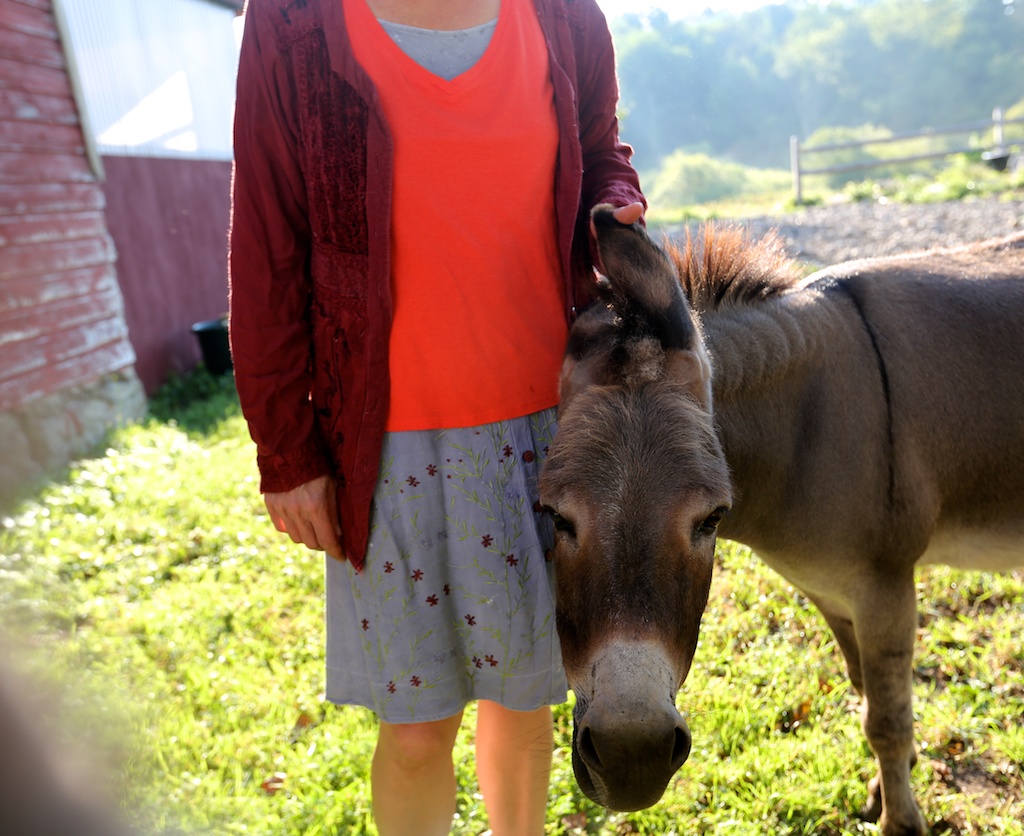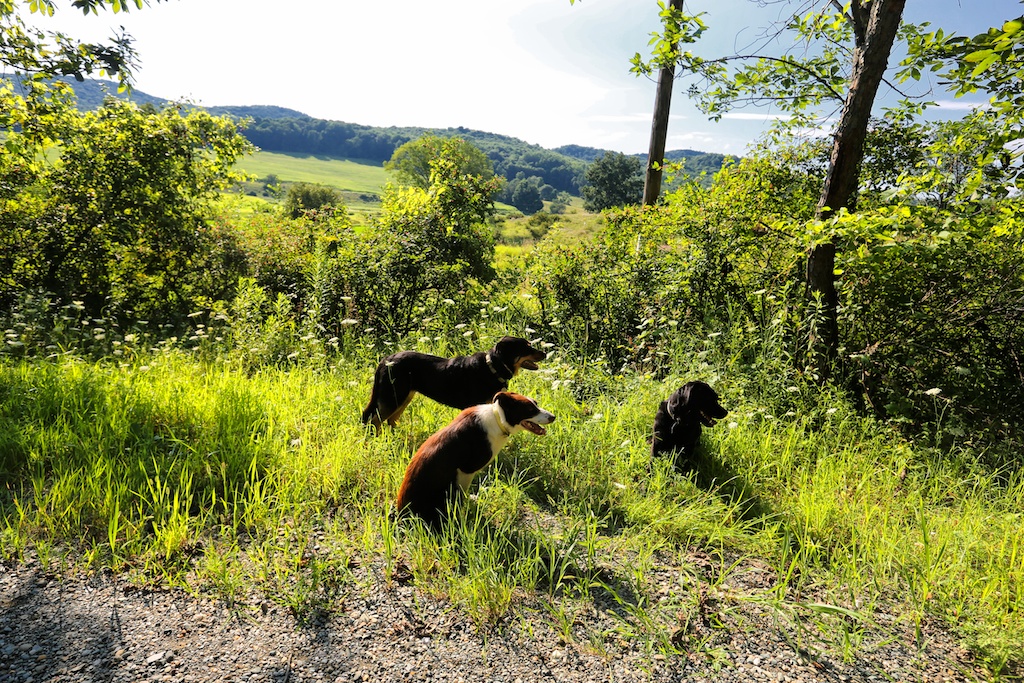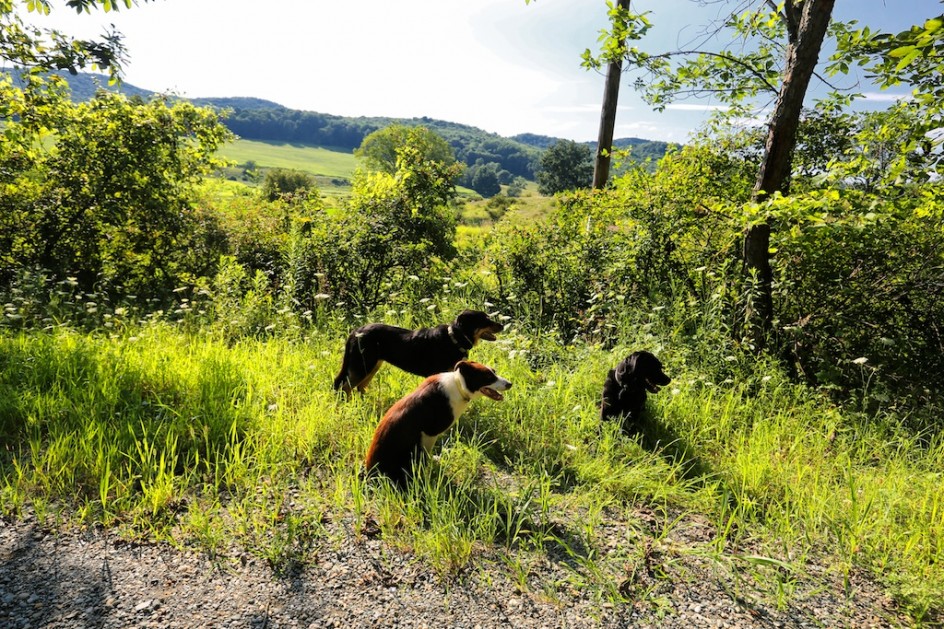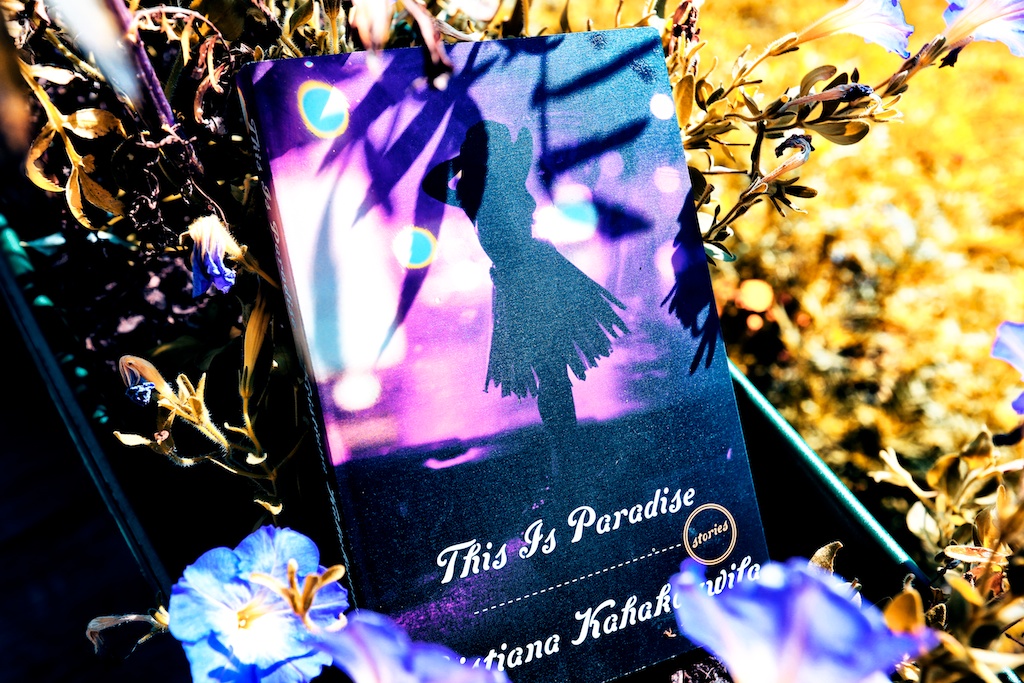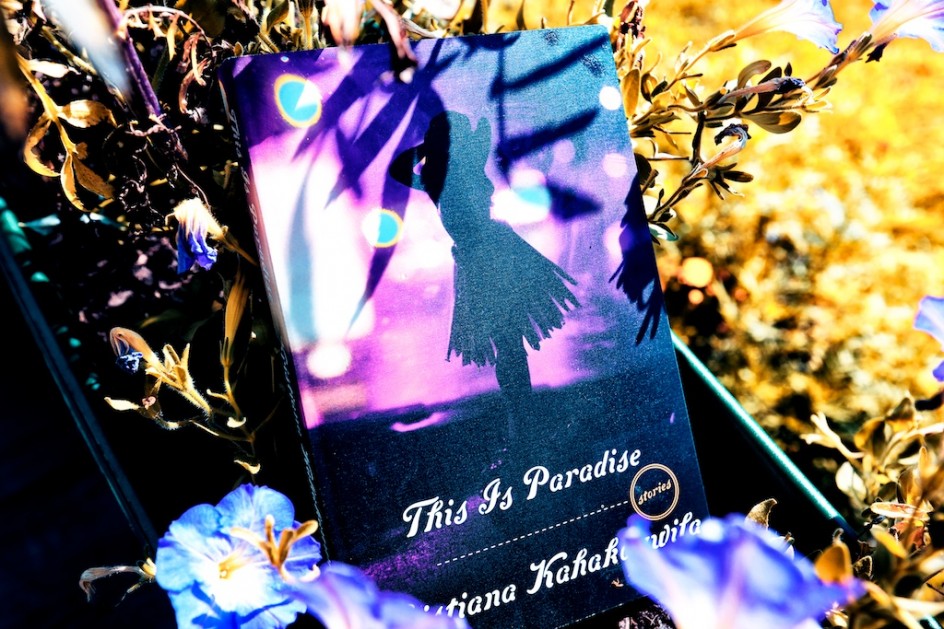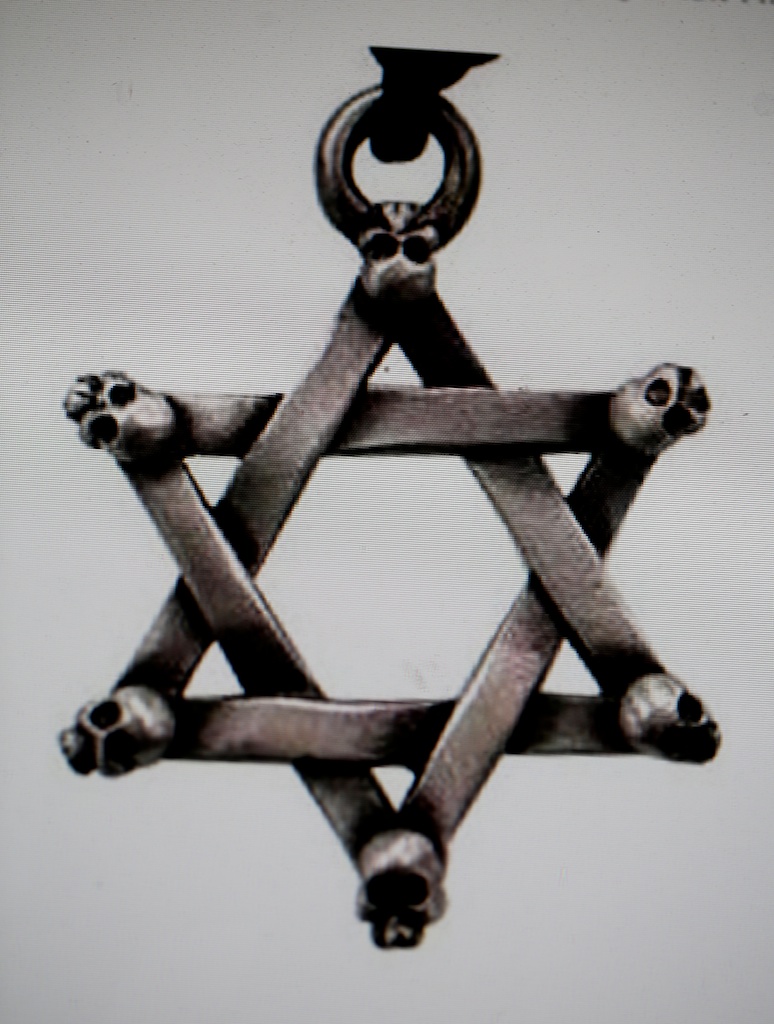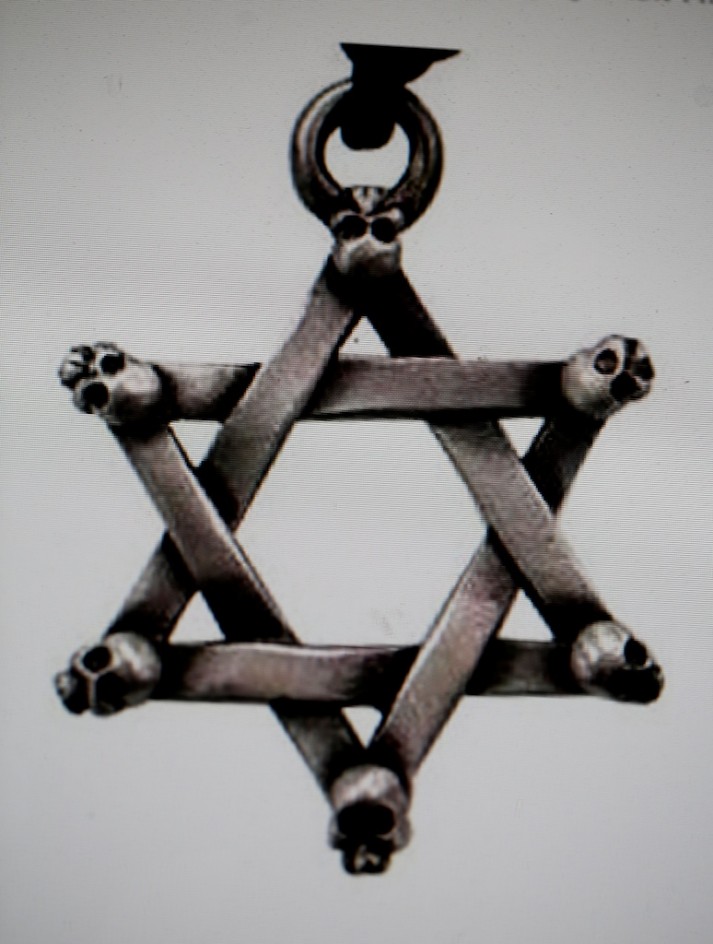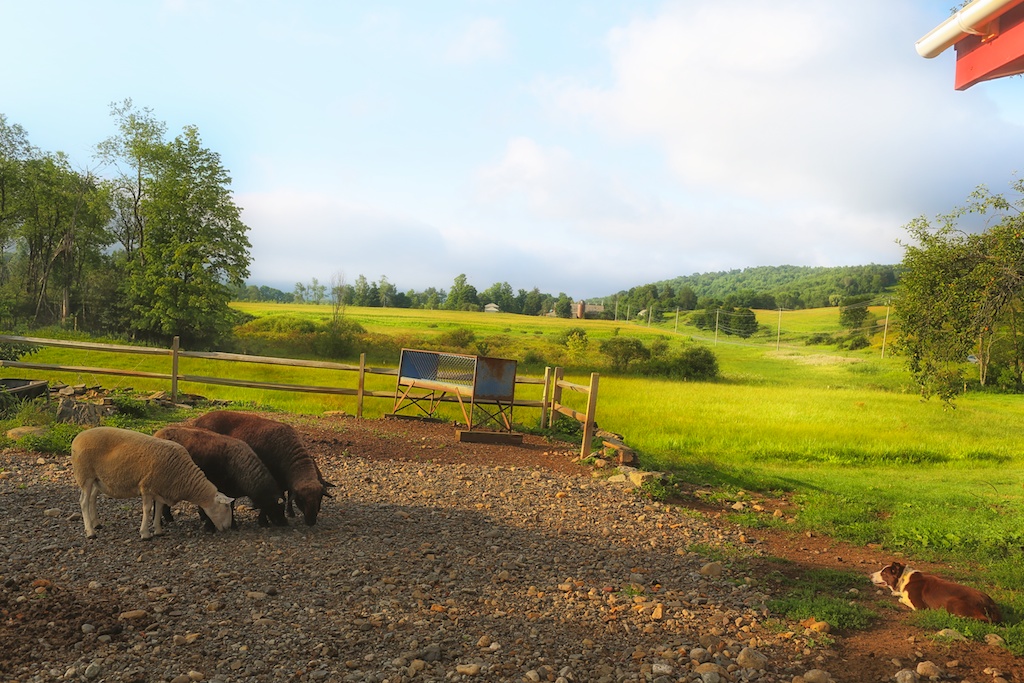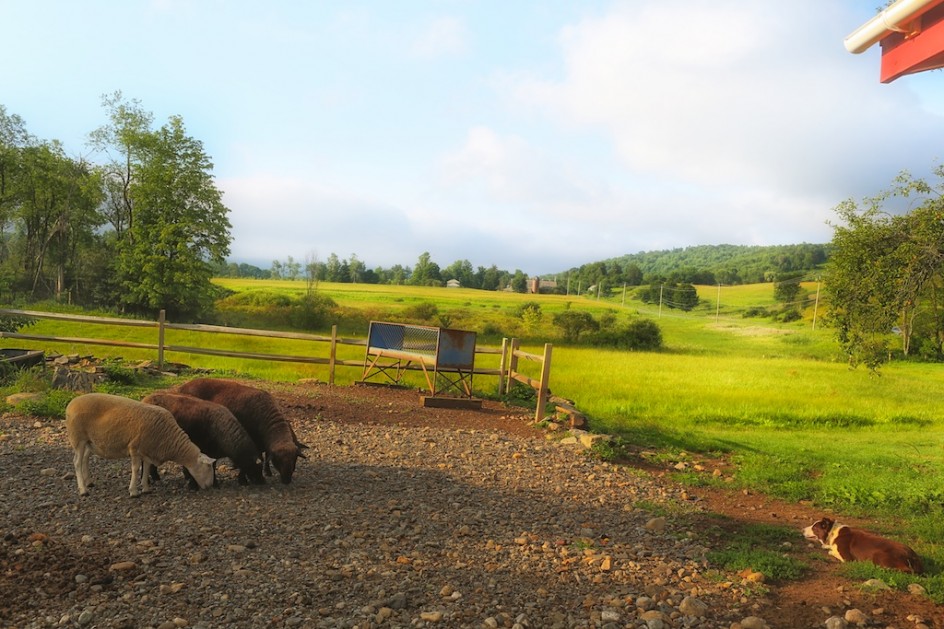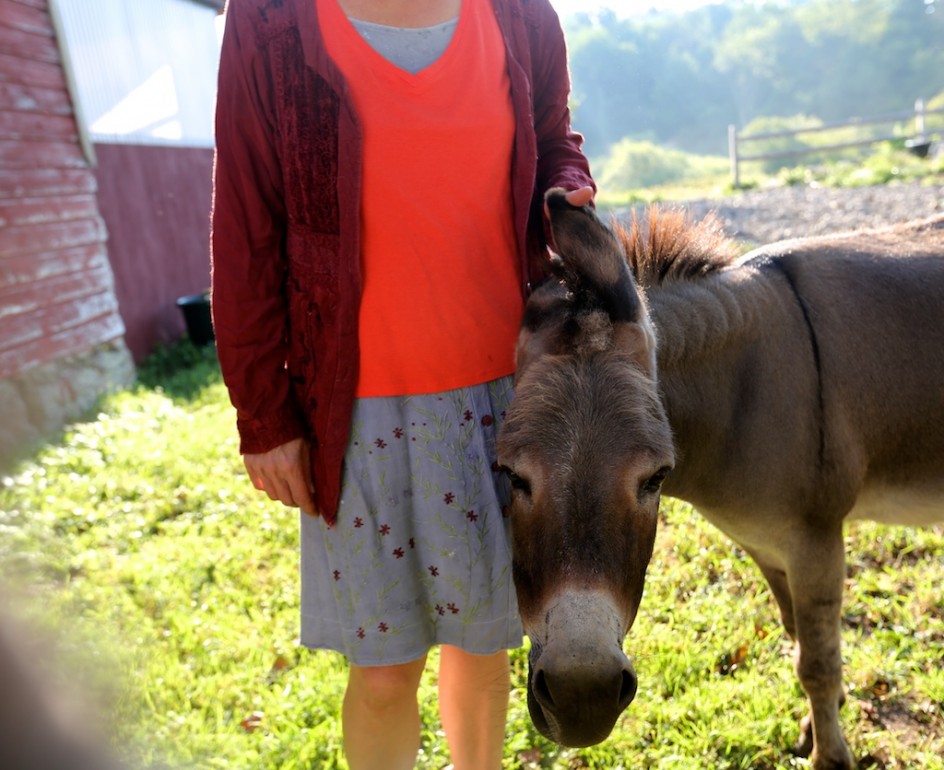
I used to shun dealing with business, I thought it was inappropriate for an author, unseemly. I like it now, it is affirming and authentic. So Monday is the day for business. I thank you for subscribing to bedlamfarm.com. I have come to see the blog is a new form of living book for me, and I see that I need to be paid for my work, just like everyone else. You can subscribe to the blog for $ 3 a month, $5 a month, or $60 a year. The blog is not accepting donations or contributions, I am not a charity or worthy cause. For now, the blog will remain free to those who can’t pay for it. In a week or so, people will be able to subscribe using their credit cards as well as PayPal. I can’t handle contributions sent by check or mailed to me, too many bookkeeping and other issues.
These changes are important, they are also expensive, as is the blog’s maintenance and my photography. My photographs are free to you, and can be used in any way you wish – screen savers, files, printed copies. I don’t bookmark or copyright them.
Here’s where I see things going, as of now. Somewhere between six months and a year from now, free access to the blog will be limited – maybe to one day’s content, or one week’s, I’m not sure. To access the full content, people will need to subscribe. I will offer a way for people who are financially pressured to access the blog for free, still working on that. I would suggest that people only subscribe if they see the blog as useful, informative, entertaining or uplifting. It is payment for content used, and that only. This subscription is somewhat akin to what a newspaper or magazine used to be. Blogs are the new magazine, a new form of book.
Soon, a mobile/smart phone version of bedlamfarm.com will show up autoamatically on your phones and tablets, easier to navigate, larger buttons for small thumbs. By the end of the year, 50 per cent of the readers of this blog will be seeing it on smartphones. I will be increasing the frequency of the podcast, and will continue to support the Open Group At Bedlam Farm, a creative community, perhaps expand the idea to other focused creative groups. I have a lot of ideas for bedlamfarm.com, is evolving into the foundation and cornerstone of my work. I very much support the idea of writers and artists being paid for their work, not only for selfish reasons but because it is desperately important if art and writing is to prosper in the new world of digital publishing and culture. This is a way in which I buy local, support art and individuality, from Battenkill Books to me. You can do the same, we all see the world in different ways.
I am getting clear on this subscription business, it feels right to me, I am moving slowly but deliberately in this direction and will continue to be open with you about it, every step of the way. It is exciting, the new writing, I can see it clearly now. You can subscribe here. For several years I wondered every day about the future of writing, the future of me. It is just about here and I hope you will choose to be a part of it.

